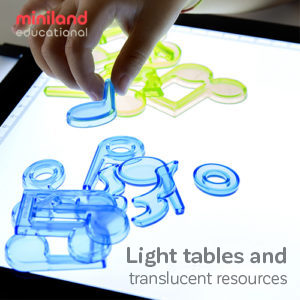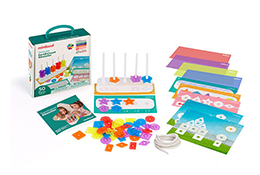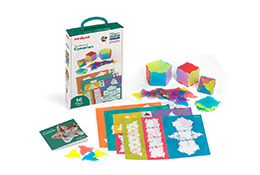The holiday season officially kicked off with Thanksgiving weekend! This particular season is a great time to talk with children about what they are grateful for. As the holiday season continues, it is important to help them vocalize their gratitude verbally or creatively.
Gratitude is a huge component of SEL as it encourages empathy, reduces feelings of anger, improves self-esteem, and increases overall mental health.
Introducing this lesson in early childhood begins with increased awareness of a child’s own feelings and situations. As children become more mindful they start to realize they have choices when it comes to their emotions.

Below find some helpful tips to help you teach children how to have an attitude of gratitude.
- Say please and thank you. Showing appreciation for little or big things others do for us are a small but big way to show appreciation and gratitude.
- Help someone less fortunate.This could be a neighbor, relative or someone you know who is in need of help. It can be something small like dropping off dinner leftovers or even as fun as baking something specifically for that person.
- Volunteer. Help out at a homeless shelter, a nonprofit, or even an elderly neighbor that might need something as simple as watering the plants or picking up their mail or newspaper. If the holiday season is proving to be hectic, talk to your children about times you have volunteered and make plans to volunteer when the holiday season is over.
- Send out thank you cards or make a phone call to say thank you. Having your child make a drawing or write their name on a thank you card will surely make the recipient feel appreciated! A quick phone call to say thank you will also do the trick! Saying thank you does not have to be for something tangible only; we can teach our children to show gratitude for friends, for time spent with family members or even grandma for picking them up from school.
- Compliment others. Encourage your children to compliment others, whether they compliment someone’s hair or smile or how they completed a task or made a great meal, the recipient will feel appreciated.
- Share your gratitude. Taking a moment at the table, in the car or even while getting ready for school to share out loud people, events or things you appreciate will help foster gratitude into adulthood.
Helping little ones to express their feelings, particularly gratitude will help them not only have a positive outlook more frequently, but will help those around them feel appreciated.
Happy Holiday Season, we are thankful you took the time to read our tips!
-Miniland Team



